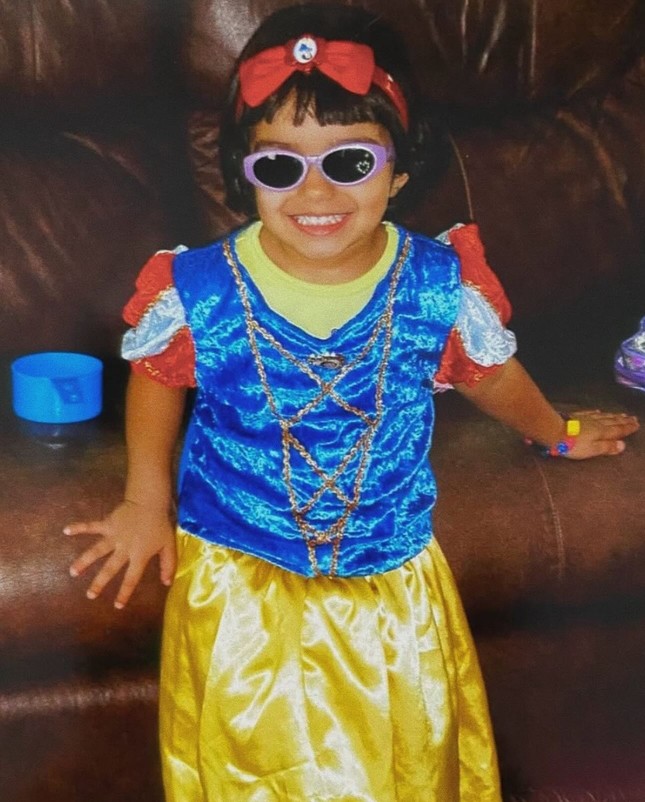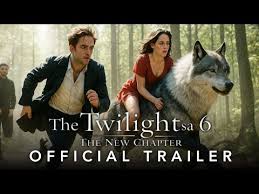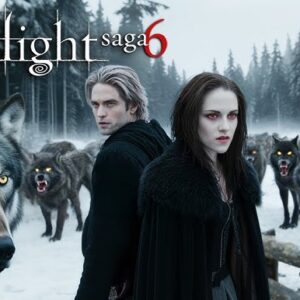 Rachel Zegler, a 23-year-old actress who rose to fame with her breakout role in Steven Spielberg’s 2021 West Side Story remake, has found herself at the center of a firestorm with Disney’s live-action Snow White remake. Released on March 21, 2025, the film has been mired in controversy since its announcement, with Zegler bearing the brunt of the backlash. The movie, which cost Disney a staggering $250 million to produce, has flopped spectacularly at the box office, earning just $43 million as reported by Hindustan Times. This financial failure has sparked intense debate about Zegler’s role in the film’s downfall, her public statements, and Disney’s handling of the project.
Rachel Zegler, a 23-year-old actress who rose to fame with her breakout role in Steven Spielberg’s 2021 West Side Story remake, has found herself at the center of a firestorm with Disney’s live-action Snow White remake. Released on March 21, 2025, the film has been mired in controversy since its announcement, with Zegler bearing the brunt of the backlash. The movie, which cost Disney a staggering $250 million to produce, has flopped spectacularly at the box office, earning just $43 million as reported by Hindustan Times. This financial failure has sparked intense debate about Zegler’s role in the film’s downfall, her public statements, and Disney’s handling of the project.
The trouble began long before the film’s release. In interviews dating back to 2023, Zegler expressed her views on the 1937 animated Snow White, calling the original story’s focus on romantic love “weird” and emphasizing that the remake would shift toward empowering Snow White as a leader rather than a damsel waiting for a prince. “She’s not going to be saved by the prince. She’s dreaming about becoming the leader she knows she can be,” Zegler told Variety in September 2023. While her comments aimed to highlight a modernized narrative, they alienated some Disney fans who cherished the classic tale. On platforms like X, users criticized her for seemingly dismissing the original, with some accusing her of ingratitude for the role. The sentiment was echoed by David Hand, the 91-year-old son of the original film’s director, who called the remake “a disgrace” in an interview with The Telegraph.
Zegler’s social media activity further fueled the controversy. In August 2024, after the Snow White trailer garnered 120 million views in a day, she posted on X, thanking fans but signing off with “And always remember, free Palestine.” This political statement drew ire from conservative audiences, with many on X calling for boycotts of the film. Later, in November 2024, Zegler faced backlash again for anti-Trump comments on Instagram, including “Fuck Donald Trump” and “May Trump supporters… never know peace.” She issued an apology, admitting to Variety that she let her emotions get the best of her, but the damage was done. Disney, already wary of culture wars after a tumultuous period under CEO Bob Iger, reportedly hired a social media guru to manage Zegler’s online presence, according to Variety. The company also beefed up security for co-star Gal Gadot amid death threats, highlighting the toxic discourse surrounding the film.
When Snow White finally hit theaters, the reception was mixed. Some praised Zegler’s performance, with posts on X calling her a “true star” and noting her “remarkable singing voice.” Others, however, found the film lacking, criticizing its “rushed narrative” and “off-putting CGI,” as one X user noted. Vogue offered a nuanced take, with a reviewer appreciating the film’s socialist undertones but questioning its compatibility with the monarchy theme. Despite some positive feedback, the film’s box office numbers told a grim story. The Independent reported that Zegler’s social media posts were widely blamed for the backlash, with Disney insiders pointing fingers at her for the film’s “poison box office,” according to Vanity Fair.

Zegler’s response to the flop has been a mix of defiance and vulnerability. She shared a childhood photo of herself dressed as Snow White on social media, a nostalgic nod to her connection with the character, as reported by Daily Mail. Yet, she also faced mockery, with Hindustan Times citing online jabs like “Welcome back to reality, princess.” Some on X called her “delusional” for claiming people would line up to see her films, pointing to the film’s $16 million opening weekend against its $270 million budget. Disney’s attempt to distance itself from Zegler has backfired, with Vanity Fair noting that she’s become both a scapegoat and an icon for those who admire her resilience.
The Snow White fiasco raises questions about Hollywood’s approach to remakes and the pressures on young stars like Zegler. While her comments and posts may have contributed to the backlash, the film’s failure cannot be pinned on her alone. Disney’s decision to push a “woke” narrative, as some fans called it, amidst a polarized cultural climate, likely played a larger role. Zegler, caught in the crossfire, has become a lightning rod for broader debates about representation, accountability, and the entertainment industry’s struggle to balance creativity with audience expectations. As the dust settles, one thing is clear: this chapter in Zegler’s career will be a defining moment, for better or worse.


